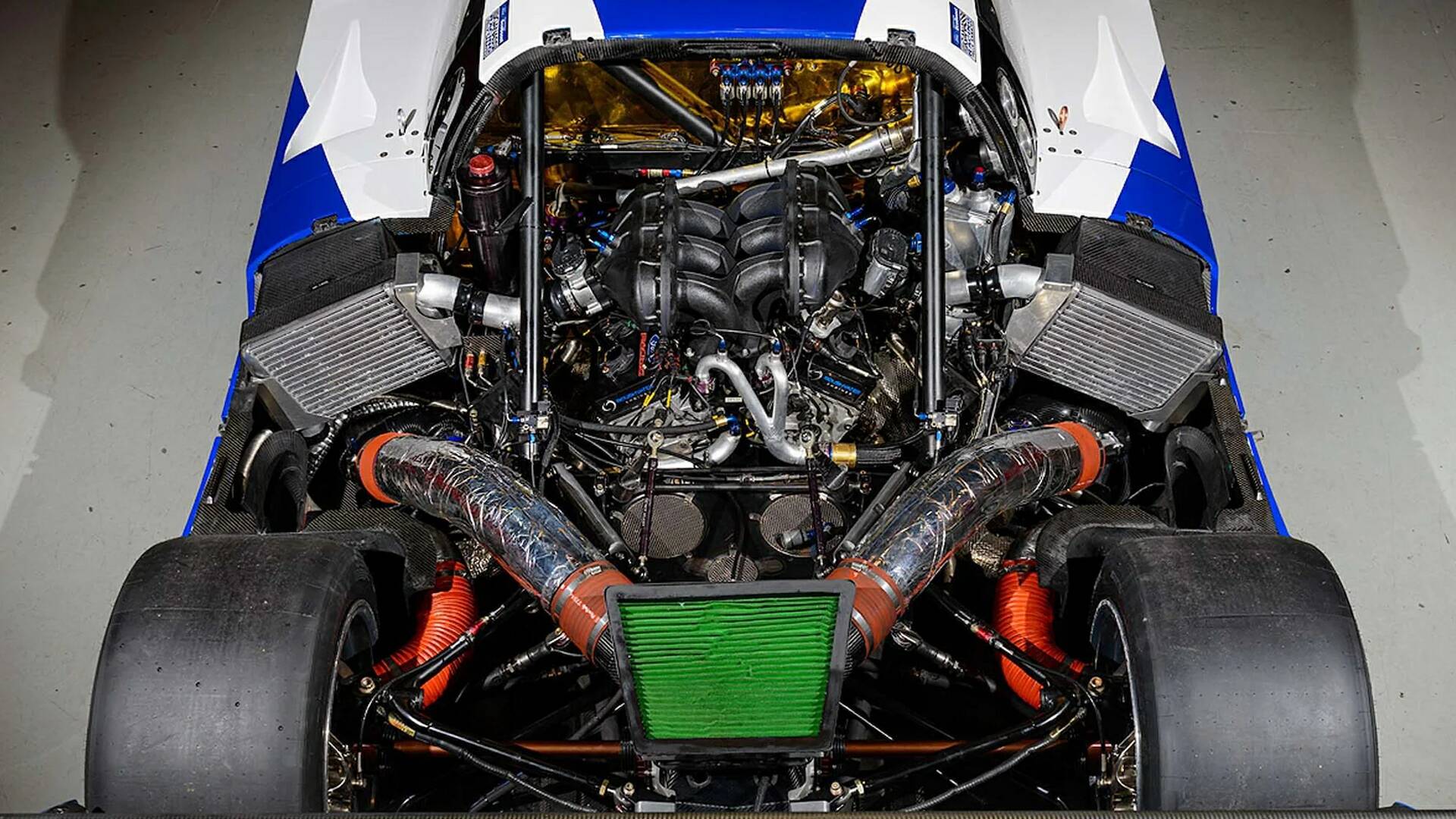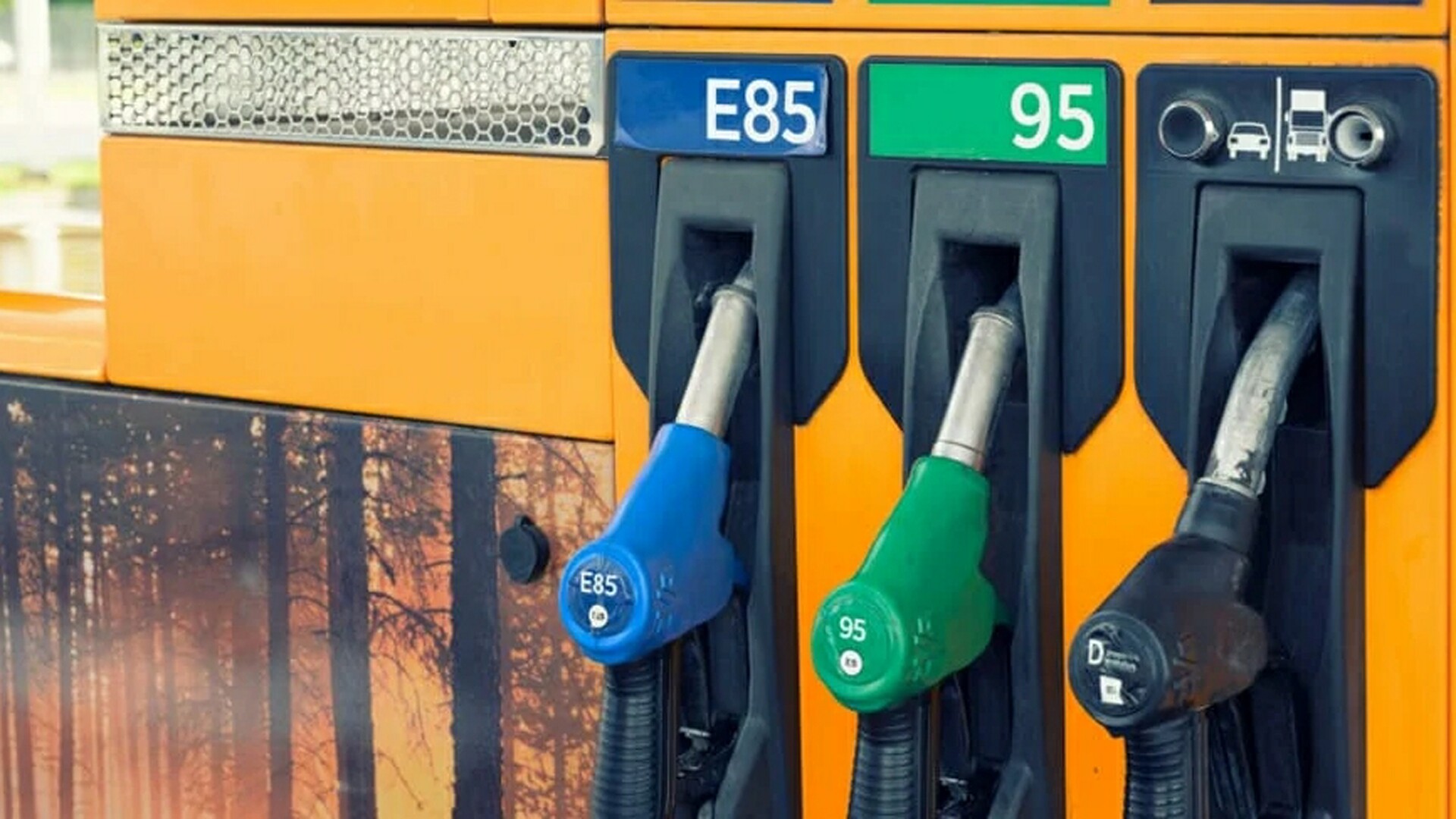The potency of ethanol in generating power compared to gasoline may seem counterintuitive given that ethanol contains two-thirds less energy per unit volume than gasoline.
However, engines burning ethanol often produce more power than those running on gasoline. Engineering Explained delves into the reasons behind this phenomenon.
The crucial factor lies in ethanol’s superior octane rating relative to regular pump gasoline. Ethanol boasts an octane rating of 109, significantly higher than the maximum of 97 found in pump gasoline. This elevated rating confers greater resistance to knock, a condition of premature fuel detonation that can harm engines.
Consequently, engines can operate at higher compression ratios and, in the case of turbocharged engines, generate more boosts, resulting in enhanced power output. One explanation provided is that ethanol’s higher octane rating helps maintain lower cylinder temperatures.
Similar to how sweat cools the body on a hot day, ethanol extracts heat from the surrounding cylinder as it vaporizes. This process, known as the heat of vaporization, occurs more efficiently with ethanol than gasoline, particularly in engines equipped with direct injection.

The performance benefits of ethanol were highlighted in a Ford study that tested various fuels on a twin-turbo 3.5-liter V-6 engine from an F-150 pickup truck.
When running on E85 (85% ethanol and 15% gasoline), the engine produced 380 hp and 400 lb-ft of torque at 5,000 rpm with boosted turbo, whereas on E10 (90% gasoline and 10% ethanol), it only managed 190 hp and 200 lb-ft.
This disparity is attributed in part to the engine’s ability to operate at a higher compression ratio with E85. However, one potential drawback of ethanol is its lower fuel economy. Although Ford engineers observed efficiency gains, higher ethanol concentrations may negate these benefits due to ethanol’s lower energy density compared to gasoline.
This means more fuel is required to cover the same distance. Despite concerns over fuel economy, production cars harnessing the power of ethanol, such as the Koenigsegg Jesko and the Dodge Challenger SRT Demon 170, prioritize performance over efficiency.
For instance, the Jesko’s twin-turbo 5.0-liter V-8 churns out 1,600 hp on E85 compared to 1,280 hp on pump gasoline. Similarly, the Demon 170 achieves its maximum output of 1,025 hp and 945 lb-ft of torque on E85, showcasing the remarkable power potential of ethanol-fueled engines.

